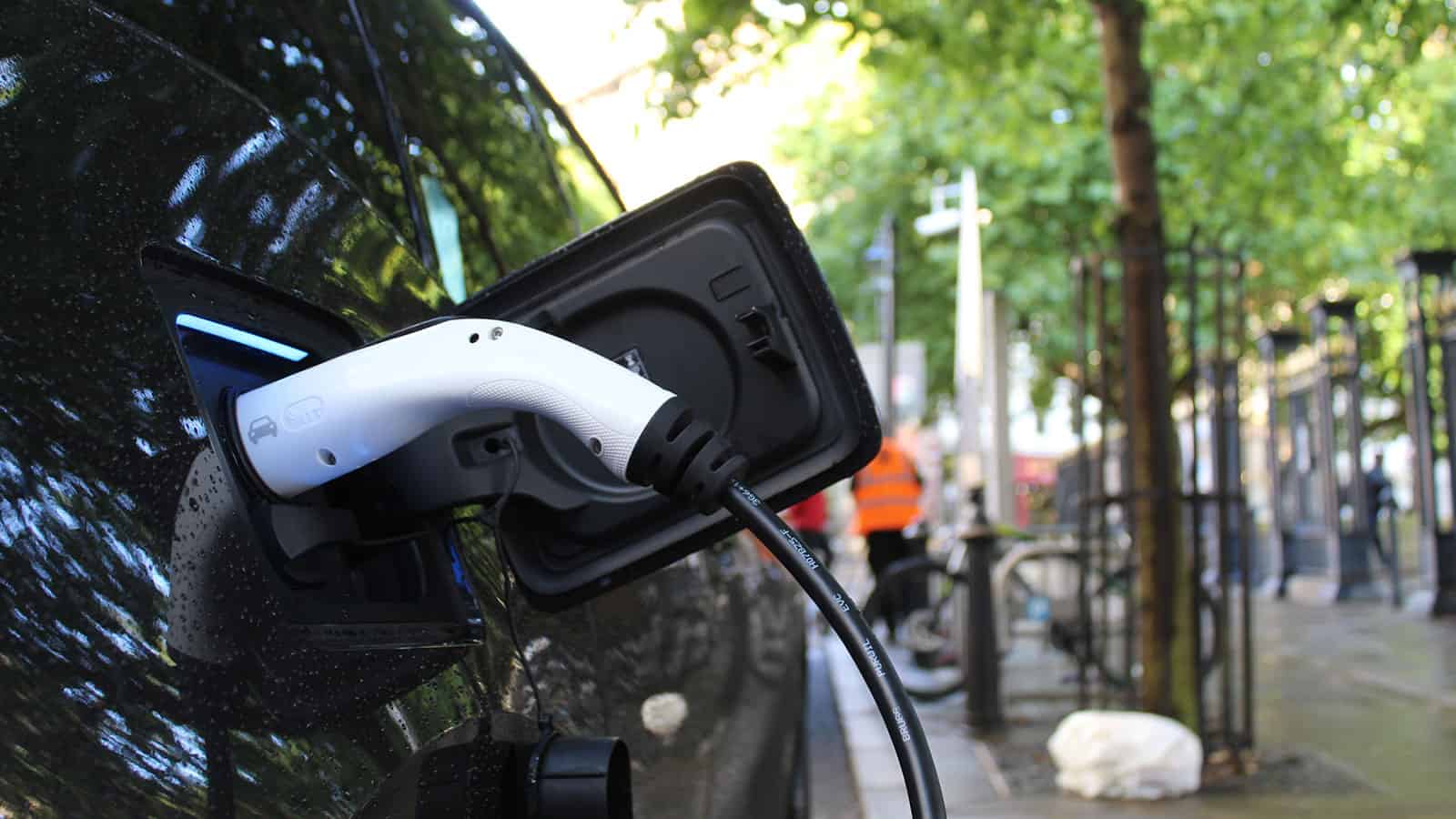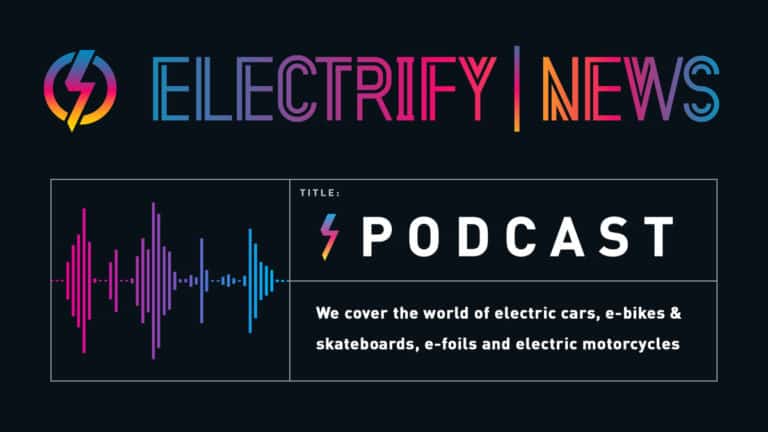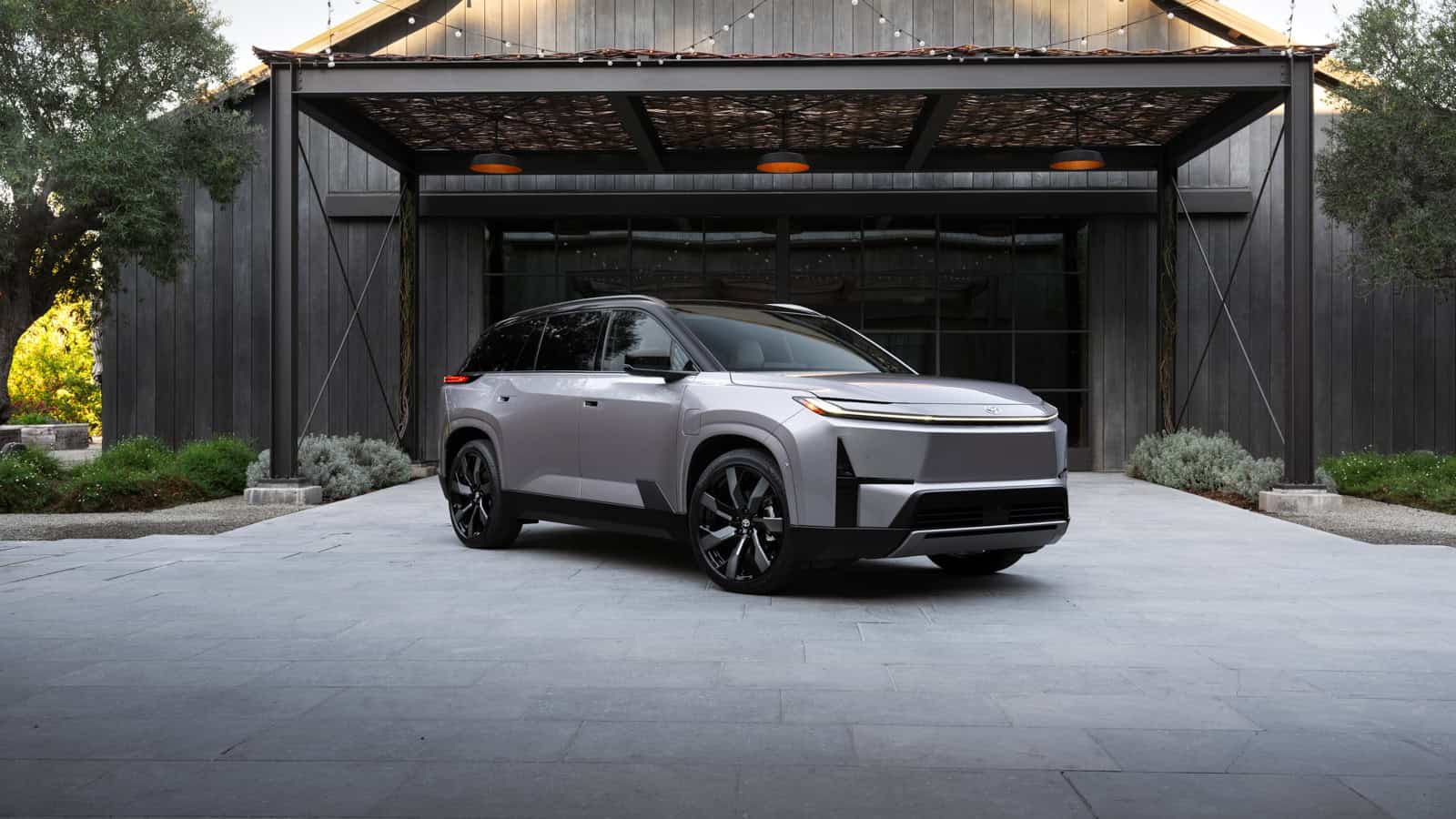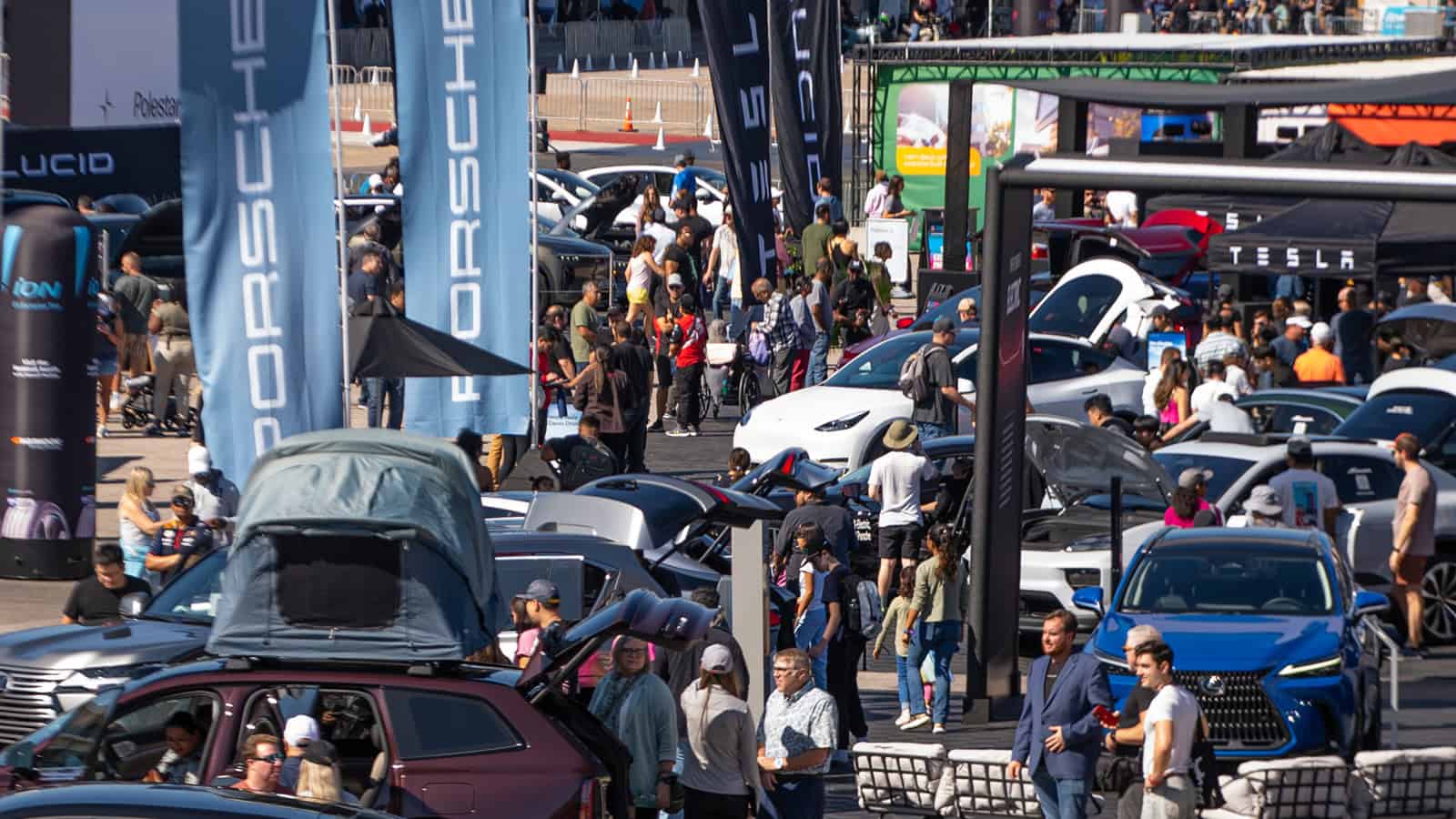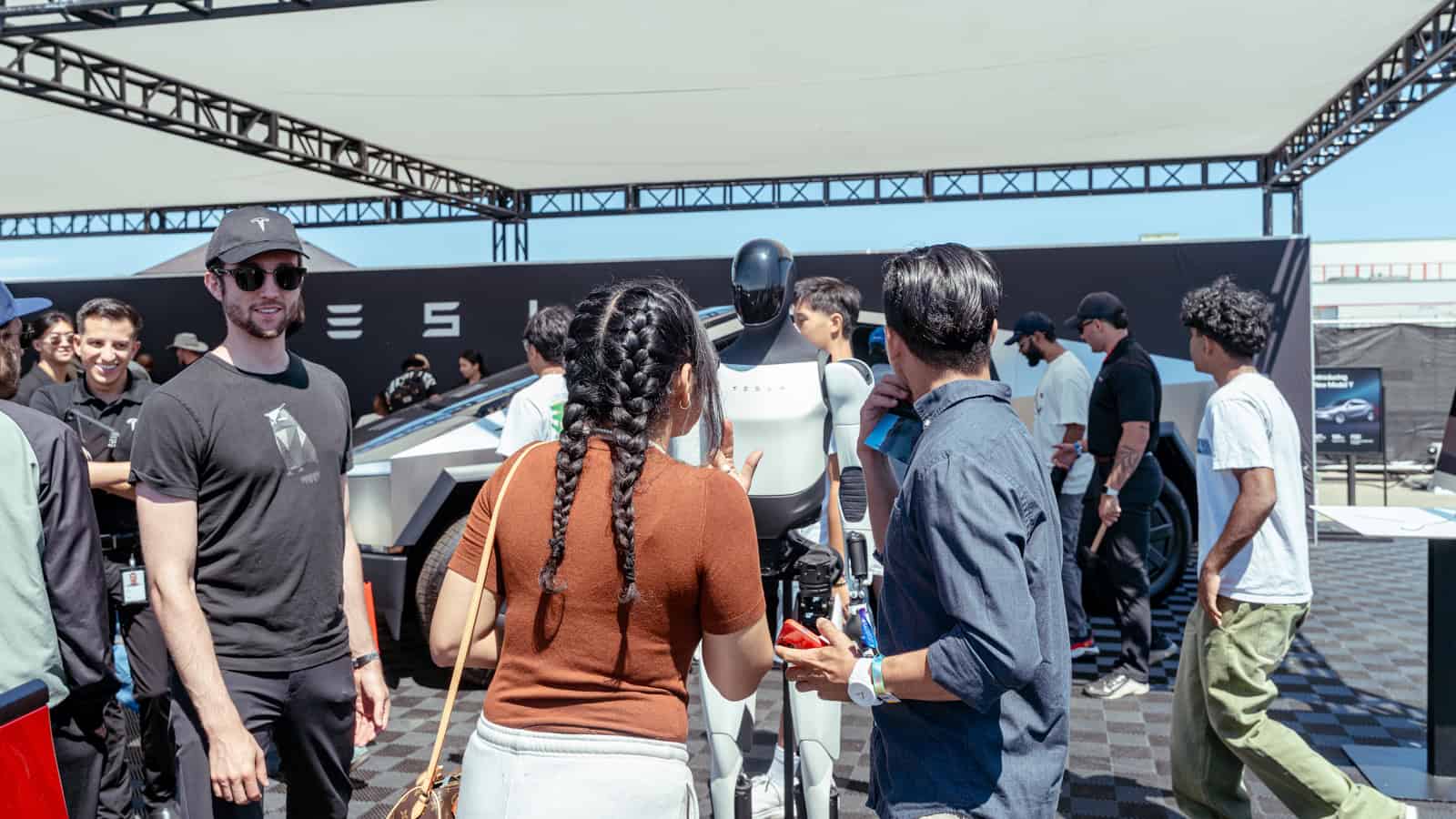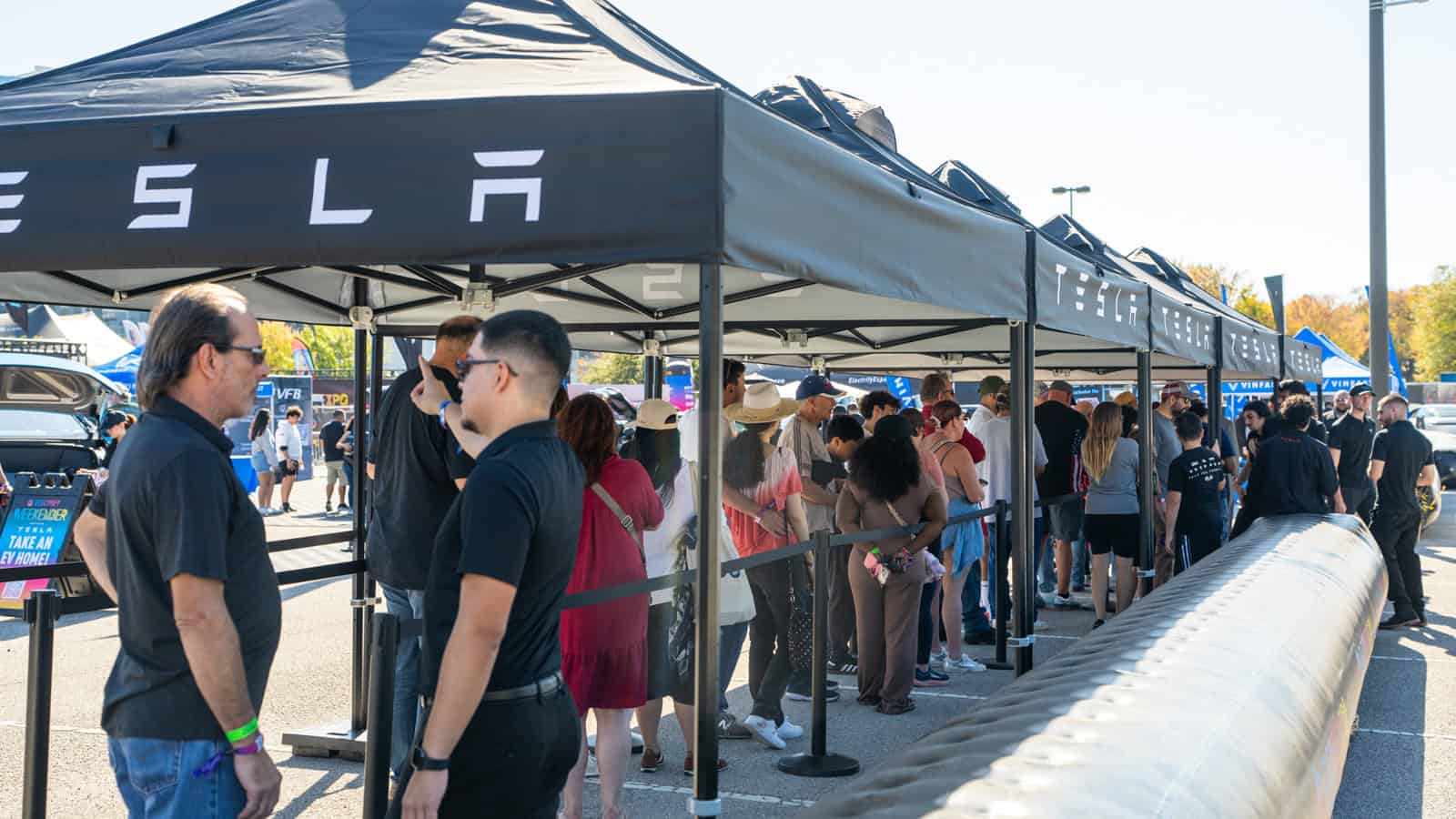In multiple recent polls, researchers found that nearly half of Americans don’t want EVs yet, despite the push for more electric transportation. The results show that the auto industry and governments may need to push for greater education in addition to their new policies to get potential car buyers on board.
Energy Policy Institute Survey Results
The Energy Policy Institute at the University of Chicago and the Associated Press-NORC Center for Public Affairs Research conducted a study from Jan. 31 to Feb. 15, 2023. In a survey of 5,408 adults, 47% of respondents said that they are not too likely/not at all likely to purchase an EV as their next vehicle.
The biggest reason why people would not purchase an EV was that the cost of a new electric vehicle is too high – 60% of respondents chose this as a major reason to avoid personal electric transport. But 50% also said that a major reason they’d avoid an EV was that there aren’t enough charging stations available. In addition, 41% said the battery technology isn’t ready yet, and 38% said it takes too long to charge.
Dynata and Hill+Knowlton Survey Results
Dynata and Hill+Knowlton performed a smaller quantitative survey of 525 adults between March 31 and April 1, 2023, with the results presented by Autel Energy. This poll showed that only 54% of Americans are interested in owning an EV in the future. What was more troubling in this survey was the low level of confidence in EV technology, which could further explain why Americans just don’t want EVs yet.
Two in five non-EV owners (38%) said that they have little to no understanding of charging. Meanwhile, 51% of those not interested in purchasing an EV admitted they have little knowledge of EV charging.
Sure, 49% of non-owners said they have range anxiety, but even 51% of EV owners said they also have range anxiety. And then 46% of non-owners said they don’t even know where charging stations are located.
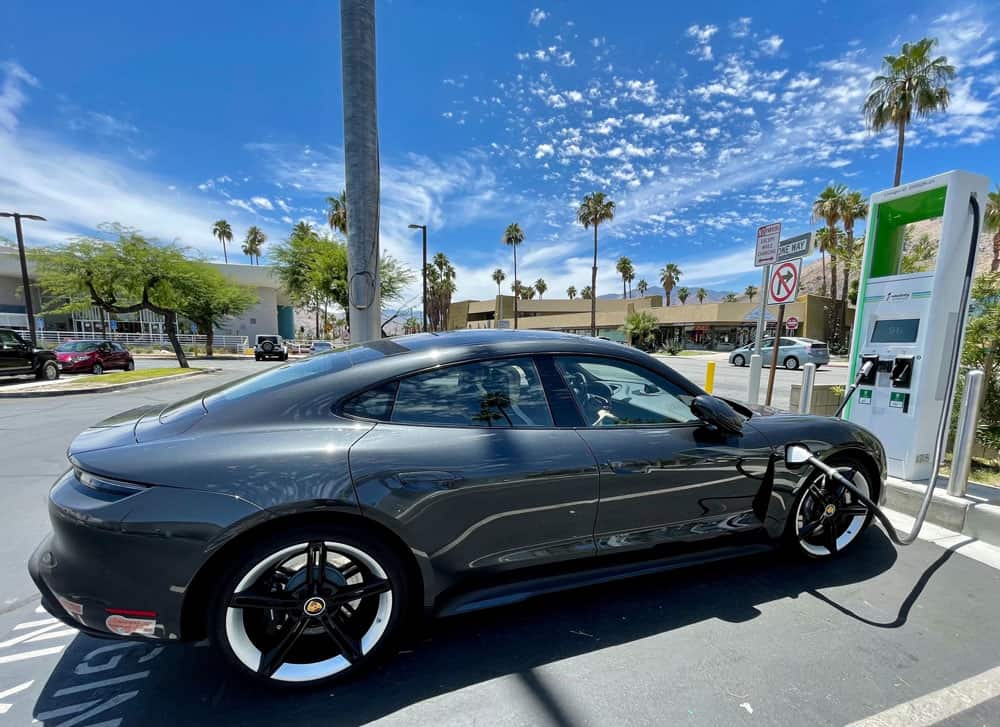
What This All Means
These surveys, especially the Dynata and Hill+Knowlton poll, highlight a lack of understanding and confidence in the current charging infrastructure.
According to John Thomas, chief operating officer at Autel Energy, “the [Dynata and Hill+Knowlton] survey concluded that 46% of non-EV owners and 54% of owners would be heavily motivated to make an EV purchase in the future if there was more knowledge about and significant improvement in the charging framework over the next few years.”
In a nutshell, Autel Energy suggested that educating consumers on EV charging would help alleviate buyer hesitation. The survey showed that 54% of adults are interested in owning an electric vehicle in the future, with 68% of families with children at home expressing an interest in vehicle ownership. However, 38% of non-EV owners are afraid of charging stations not working, while a whopping 47% of EV owners share the same concern.
Still Pushing Electric Transport Forward, Despite Hesitancy
The Biden administration has set a goal for half of all new vehicles sold in the United States to be electric by 2030. However, the Energy Policy Institute poll found that only 35% of Americans support stricter auto emissions rules to encourage automakers to increase EV sales. Plus, only 27% support requiring all new car sales to be electric or hybrid vehicles by 2035.
Meanwhile, 49% of Americans support the government providing tax credits or other financial incentives for clean energy, and 46% support increasing federal funding for EV infrastructure.
While policies designed to boost the number of EVs on the road may be less popular across the country, the results of the polls suggest that financial incentives, government support for infrastructure, and better education about charging could help encourage broader EV adoption.

SOURCE | IMAGES: AFTERMARKETNEWS, UCHICAGO | ANDREW ROBERTS
FTC: We use income-earning auto affiliate links. Learn more.


